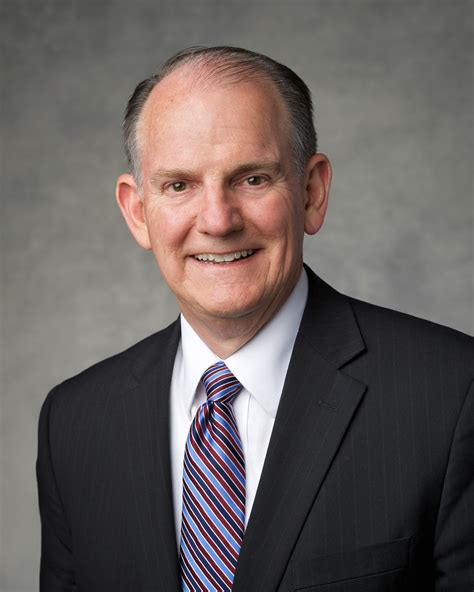A Quote by Swami Vivekananda
Let us work without desire for name or fame or rule over others. Let us be free from the triple bonds of lust, greed of gain, and anger. And this truth is with us!
Related Quotes
Most of us avoid telling the truth because it's uncomfortable. We're afraid of the consequences-making others feel uncomfortable, hurting their feelings or risking their anger. And yet, when we don't tell the truth, and others don't tell us the truth, we can't deal with matters from a basis in reality.
Why is discipline important? Discipline teaches us to operate by principle rather than desire. Saying no to our impulses (even the ones that are not inherently sinful) puts us in control of our appetites rather than vice versa. It deposes our lust and permits truth, virtue, and integrity to rule our minds instead.
There is no end to the good we can do, to the influence we can have with others. Let us not dwell on the critical or the negative. Let us pray for strength; let us pray for capacity and desire to assist others. Let us radiate the light of the gospel at all times and all places, that the Spirit of the Redeemer may radiate from us.
It is not given to us to grasp the truth, which is identical with the divine, directly. We perceive it only in reflection, in example and symbol, in singular and related appearances. It meets us as a kind of life which is incomprehensible to us, and yet we cannot free ourselves from the desire to comprehend it.
I call this the Fundamental Problem of Political Economy. How do we limit the power that idiots have over us? ... [Milton] Friedmans insight is that a market limits the power that others have over us; conversely, limiting the power that others have over us allows us to have markets. Friedman argued that no matter how wise the officials of government may be, market competition does a better job of protecting us from idiots.
Love without truth is sentimentality; it supports and affirms us but keeps us in denial about our flaws. Truth without love is harshness; it gives us information but in such a way that we cannot really hear it. God's saving love in Christ, however, is marked by both radical truthfulness about who we are and yet also radical, unconditional commitment to us. The merciful commitment strengthens us to see the truth about ourselves and repent. The conviction and repentance moves us to cling to and rest in God's mercy and grace.
Our sense of identity is in large measure conferred on us by others in the ways they treat or mistreat us, recognize or ignore us, praise us or punish us. Some people make us timid and shy; others elicit our sex appeal and dominance. In some groups we are made leaders, while in others we are reduced to being followers. We come to live up to or down to the expectations others have of us.





































